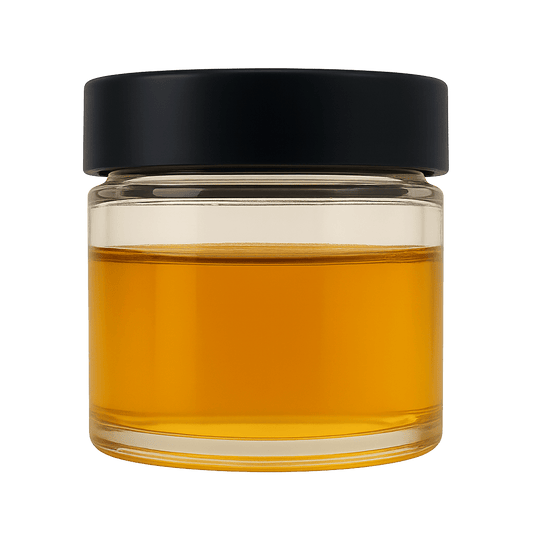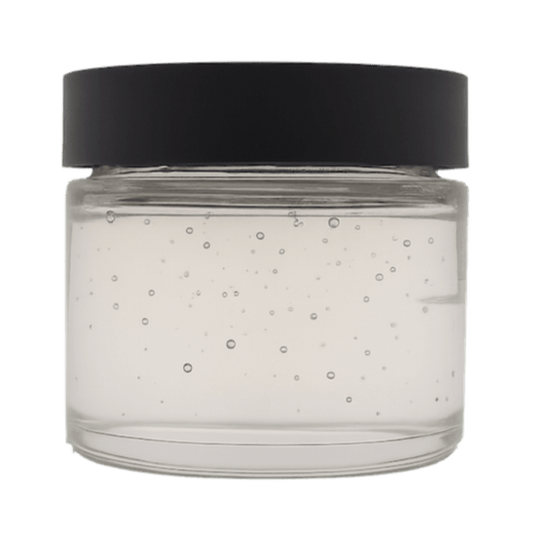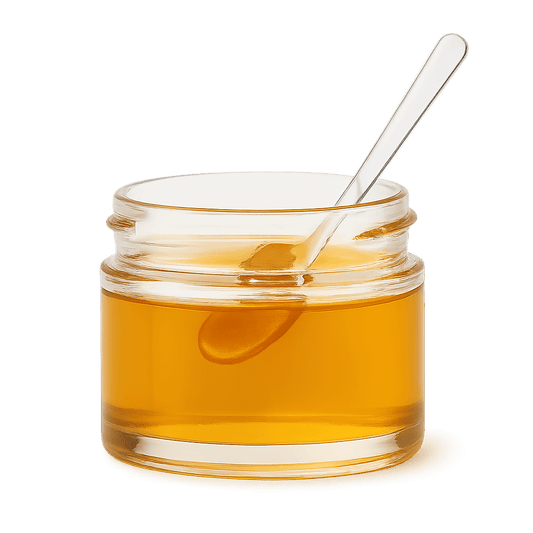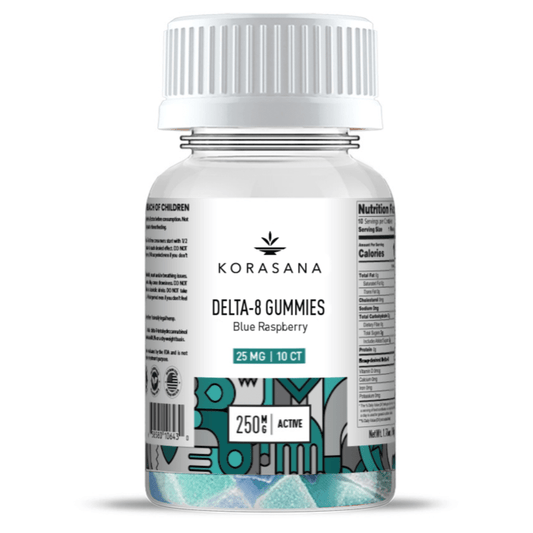Is Delta 8 THC Legal in Colorado?
NO - Delta 8 THC is Not Legal in Colorado
In Colorado, Delta-8 THC is not legal. Colorado has specific regulations that prohibit the manufacture, sale, and distribution of Delta-8 THC products. This stance is in part due to concerns about the synthetic process used to produce Delta-8 THC from CBD, which is often derived from hemp. The state's regulations aim to ensure the safety and regulation of cannabis products, distinguishing between naturally occurring compounds in the cannabis plant and those created or altered through chemical processes.
It's important to note that laws and regulations can change, so it's always a good idea to check the most current state laws or consult with a legal expert to get the most up-to-date information on the legality of Delta-8 THC in Colorado or any other state.
Legal Status of Delta 8 THC in Colorado
Delta-8 THC's legal status in Colorado is a complex matter that intertwines federal legislation with state-specific laws. Federally, Delta 8 is considered legal under the Hemp Farming Act of 2018, which allows hemp and hemp-derived products containing less than 0.3% Delta-9 THC. However, the legal landscape at the state level can differ significantly, as seen in Colorado.
Colorado has taken a stance that diverges from the federal position by specifically addressing the legality of Delta-8 THC. According to state law, all tetrahydrocannabinols, including Delta-8 THC, are considered controlled substances, irrespective of their derivation from legal hemp. This classification is further supported by Senate Bill 14-184, which does not distinguish between Delta-8 and Delta-9 THC in its definition of controlled substances, essentially placing any hemp material with Delta-8 THC content exceeding 0.3% in the category of "marijuana" under state law.
The Colorado Department of Public Health and Environment (CDPHE) has explicitly classified Delta-8 THC as a controlled substance, stating it to be synthetic due to the chemical process involved in converting CBD to Delta-8 THC, which raises concerns regarding safety and the presence of potentially harmful chemicals.
This classification and approach mean that Delta-8 THC products are not legally accessible in Colorado, and the state has not set specific possession limits for Delta-8, reflecting its status as an illegal substance. Consumers in Colorado must navigate this legal landscape carefully, as the availability of Delta-8 products in the state is significantly restricted compared to jurisdictions where it remains legal.
The discussion around Delta-8 THC in Colorado reflects broader concerns about the regulation of cannabis and its derivatives, highlighting the need for ongoing research and clarity in legislation to ensure public safety and legal clarity. For residents and interested parties, staying informed about the latest legal developments and regulatory updates is crucial, given the rapidly evolving nature of cannabis laws both at the state and federal levels.
SENATE BILL 14-184
35-61-101. Definitions.
(5) “Delta-9 tetrahydrocannabinols” has the same meaning as “tetrahydrocannabinols” as set forth in section 27-80-203 (24), C.R.S.
Colorado Revised Statutes Title 27. Behavioral Health
Section 27-80-203
(24), C.R.S(24) (a) “Tetrahydrocannabinols” means synthetic equivalents of the substances contained in the plant, or in the resinous extractives of, cannabis, sp., or synthetic substances, derivatives, and their isomers with similar chemical structure and pharmacological activity, such as the following:
(I) ¹cis or trans tetrahydrocannabinol, and their optical isomers;
(II) 6 cis or trans tetrahydrocannabinol, and their optical isomers;
(III) 3,4 cis or trans tetrahydrocannabinol, and their optical isomers.
(b) Since the nomenclature of the substances listed in paragraph (a) of this subsection
(7) “Industrial hemp” means a plant of the genus cannabis and any part of the plant, whether growing or not, containing a delta-9 tetrahydrocannabinol concentration of no more than three-tenths of one percent on a dry weight basis.
TITLE 18 CRIMINAL CODE. ARTICLE 18. UNIFORM CONTROLLED SUBSTANCES ACT OF 2013. PART 1
18-18-102. Definitions.
(18) “Marijuana” means all parts of the plant cannabis sativa L., whether growing or not, the seeds thereof, the resin extracted from any part of the plant, and every compound, manufacture, salt, derivative, mixture, or preparation of the plant, its seeds, or its resin. It does not include fiber produced from the stalks, oil, or cake made from the seeds of the plant, or sterilized seed of the plant which is incapable of germination if these items exist apart from any Uniform Controlled Substances Act 6 of 53 2016 other item defined as “marijuana” in this subsection (18). “Marijuana” does not include marijuana concentrate as defined in subsection (19) of this section.
(35) (a) “Tetrahydrocannabinols” means synthetic equivalents of the substances contained in the plant, or in the resinous extractives of, cannabis, sp., or synthetic substances, derivatives, and their isomers with similar chemical structure and pharmacological activity, such as the following:
(I) ¹Cis or trans tetrahydrocannabinol, and their optical isomers;
(II) 6Cis or trans tetrahydrocannabinol, and their optical isomers;
(III) 3,4Cis or trans tetrahydrocannabinol, and their optical isomers.
The information provided on this website does not, and is not intended to, constitute legal advice or any statements regarding the status of any laws. The information, content, and materials present on this site are for general informational purposes only and should not be relied upon for any specific purpose. Laws vary across different states and are subject to change. Therefore, information on this website might not reflect the most recent legal or other developments. Read our full legal disclaimer HERE.






